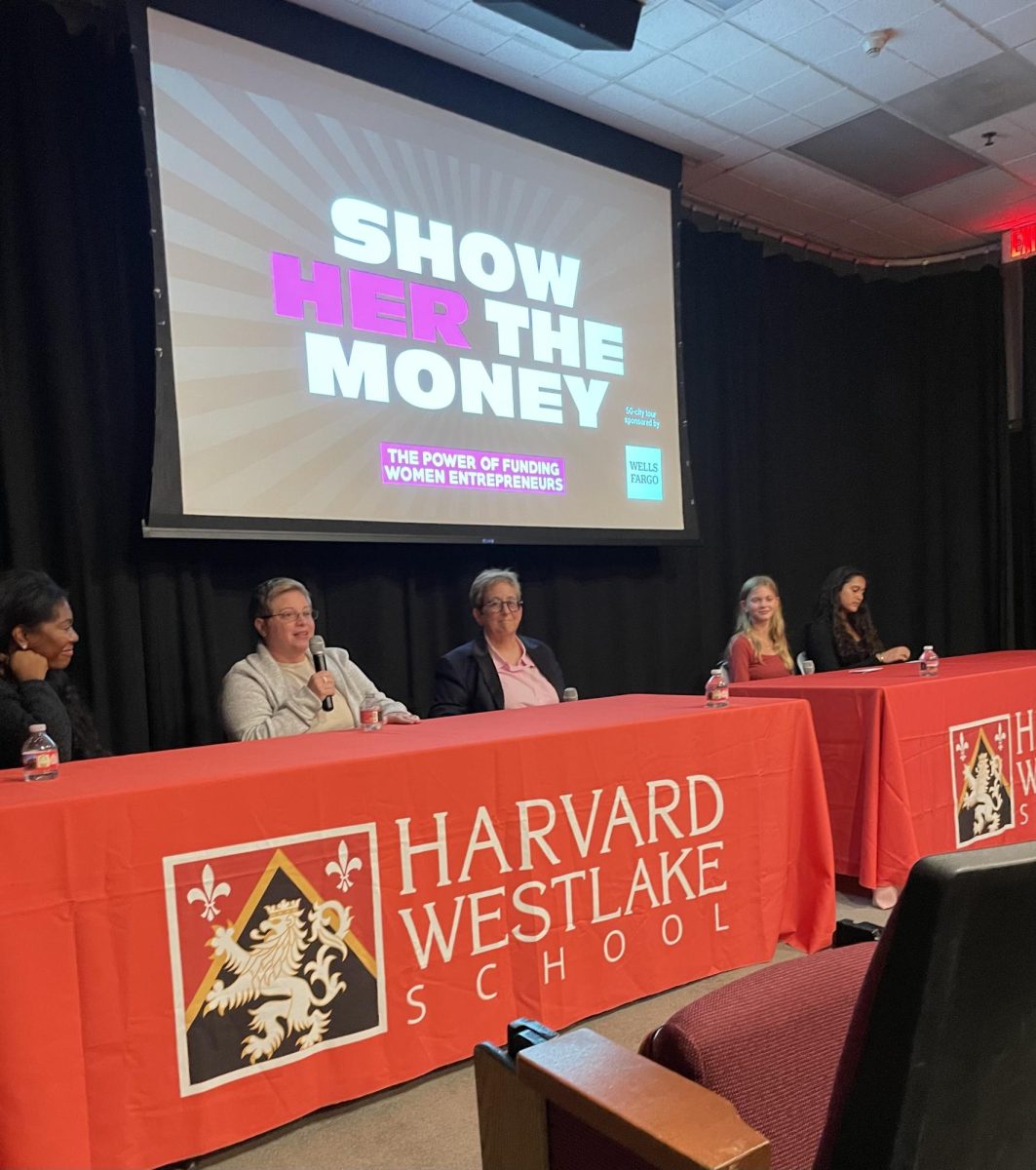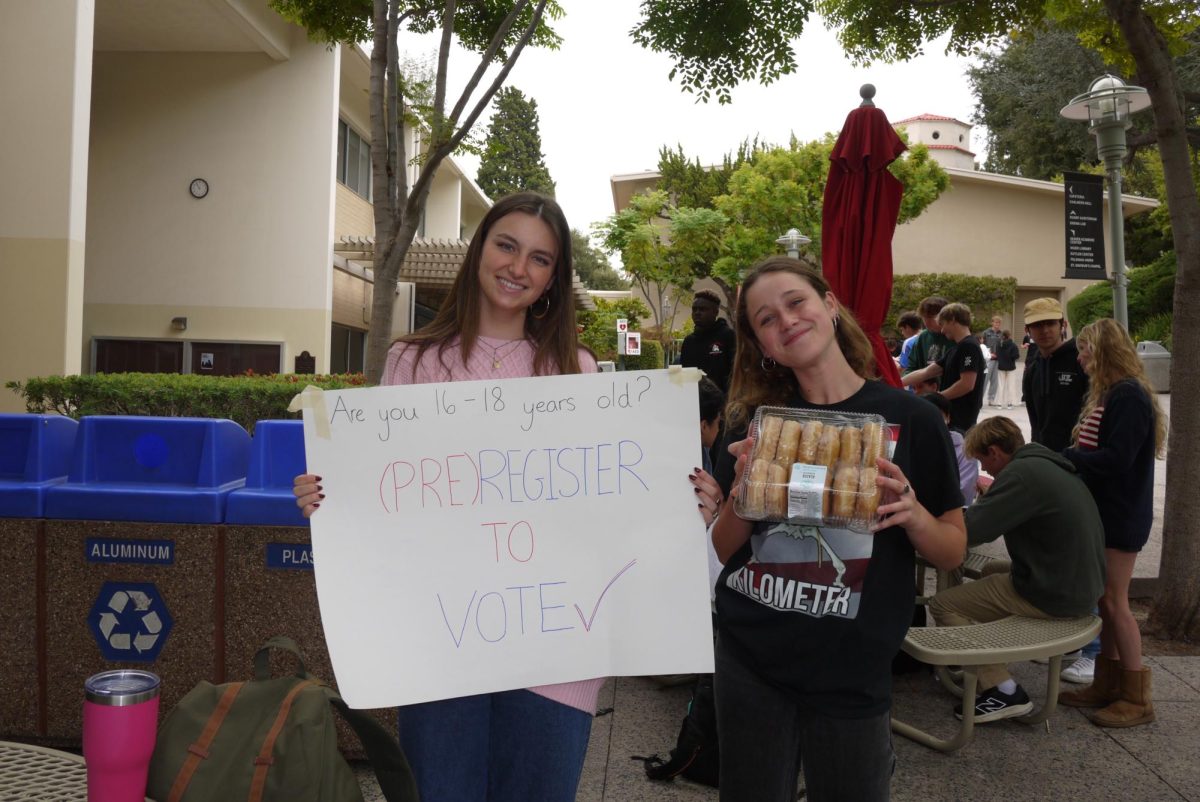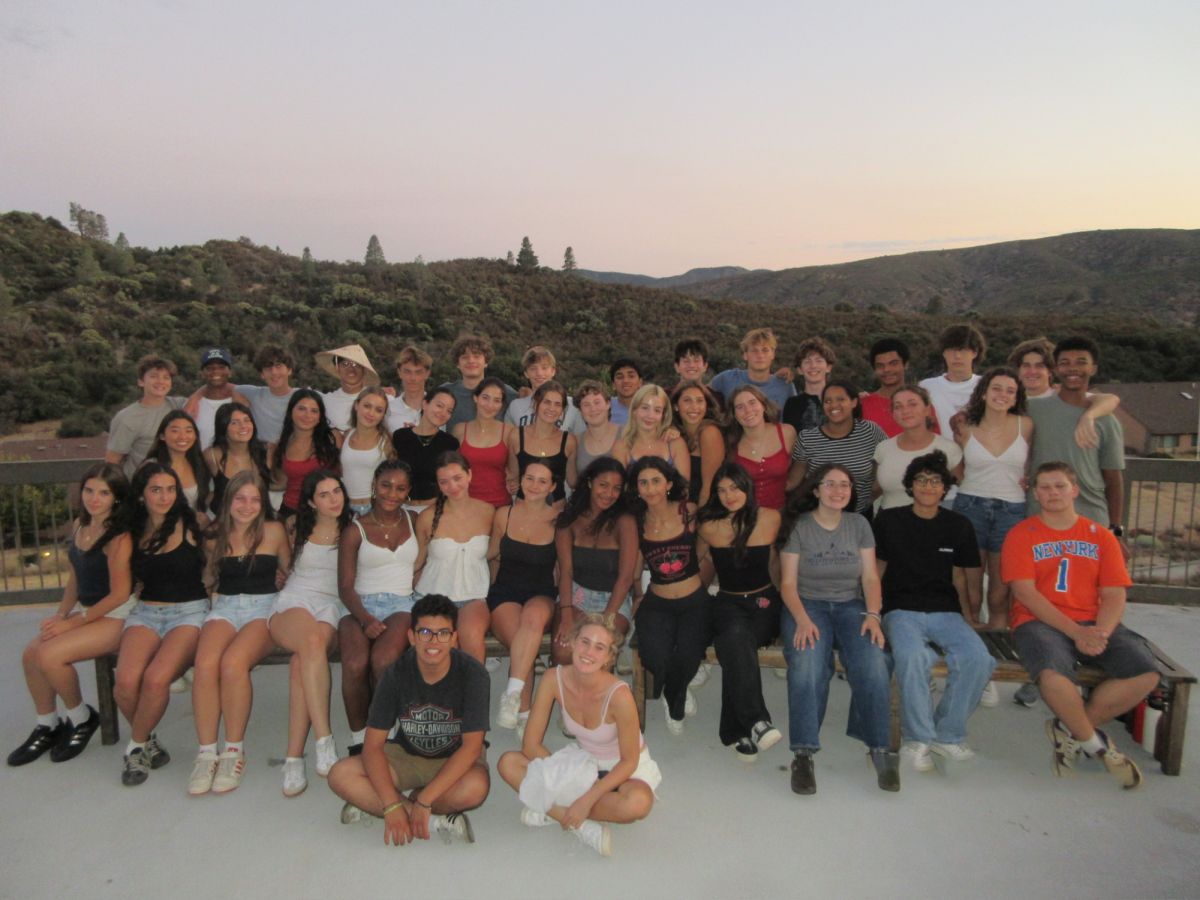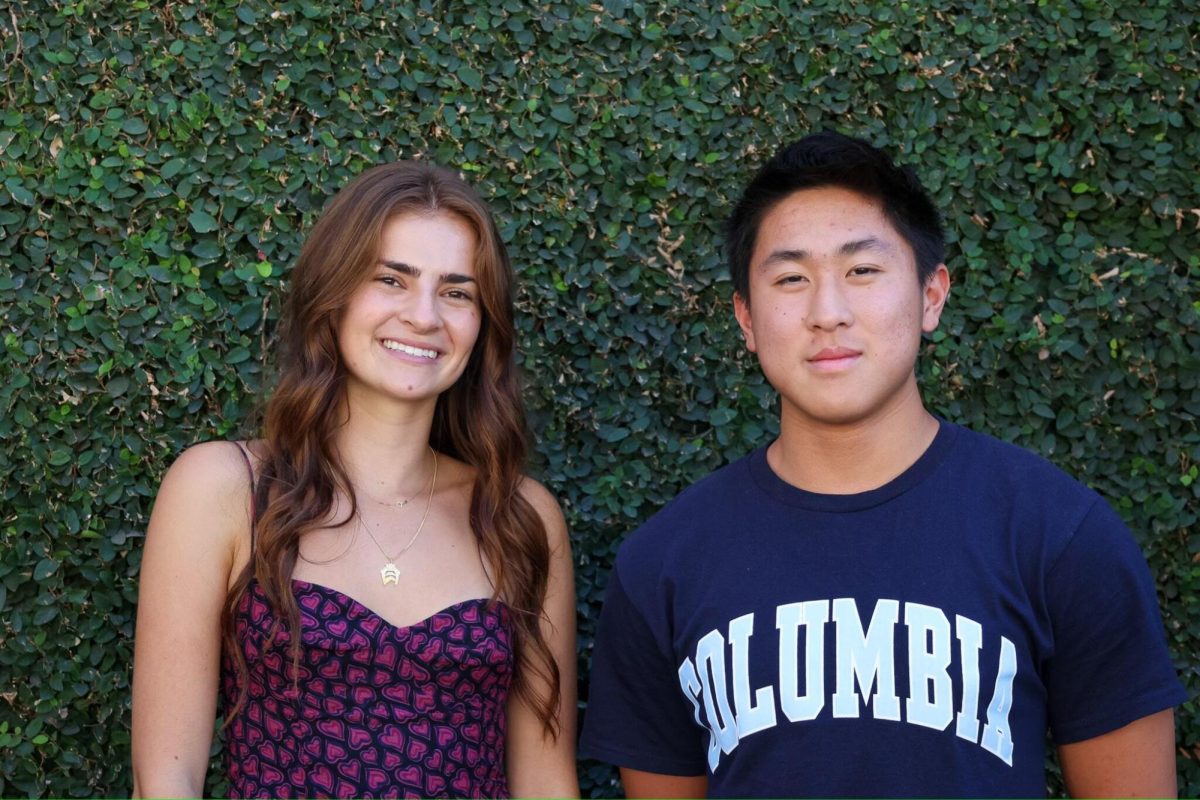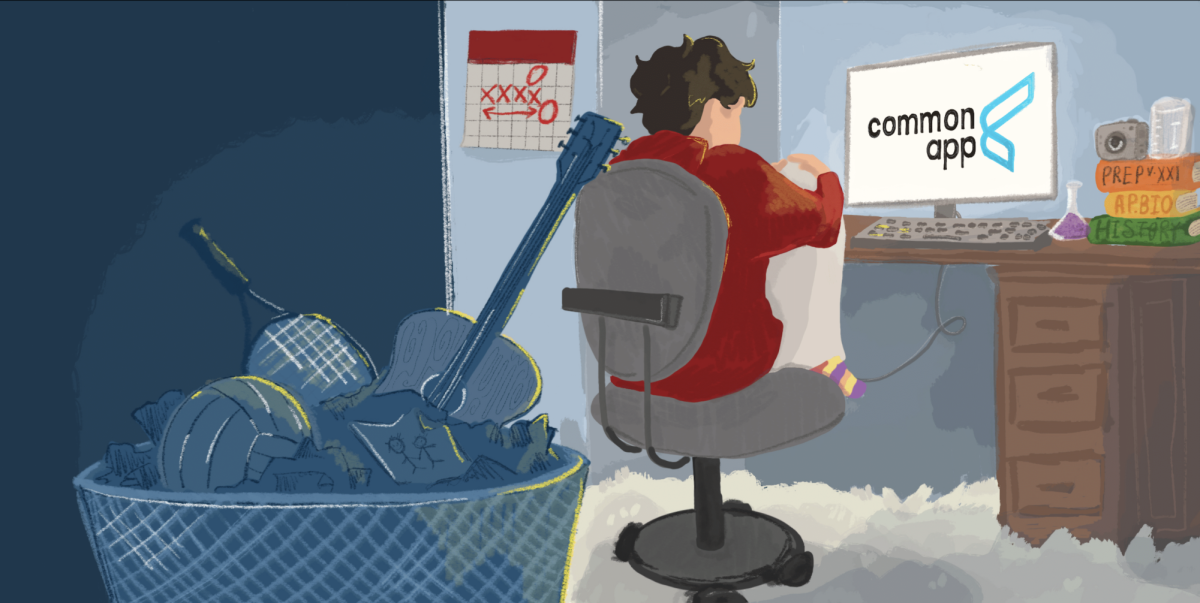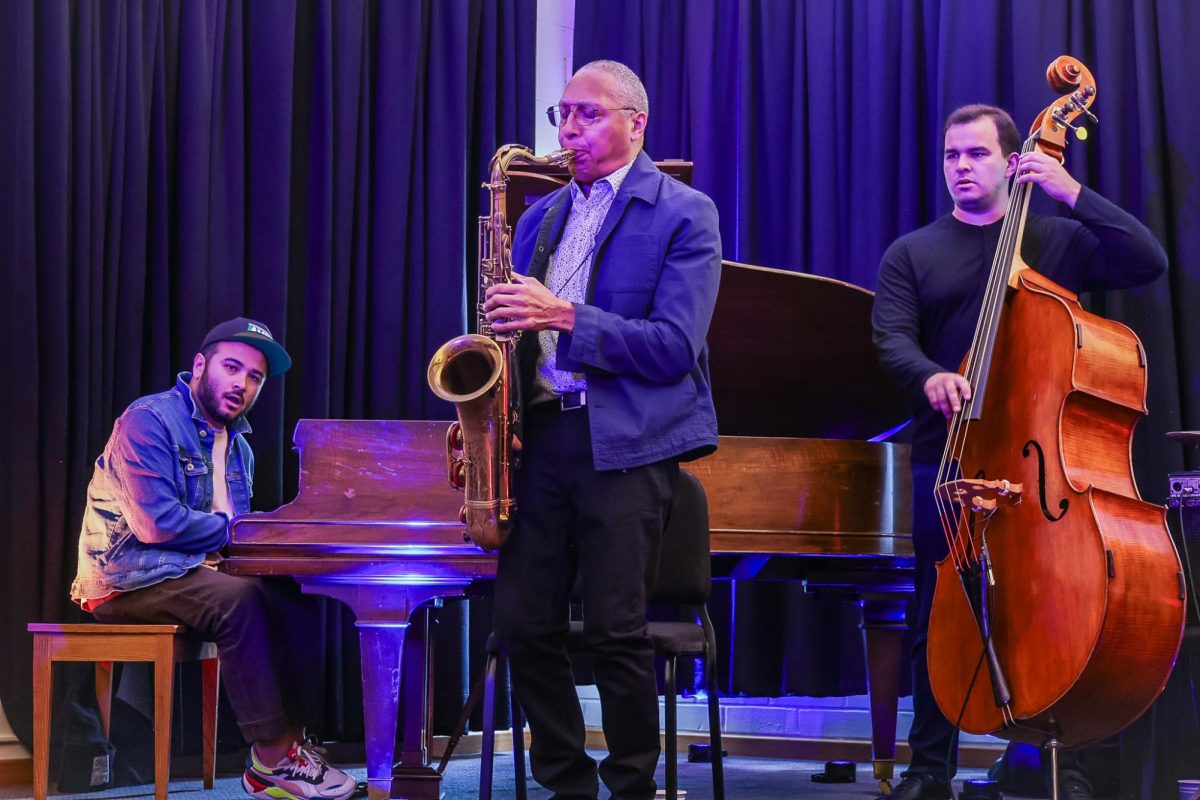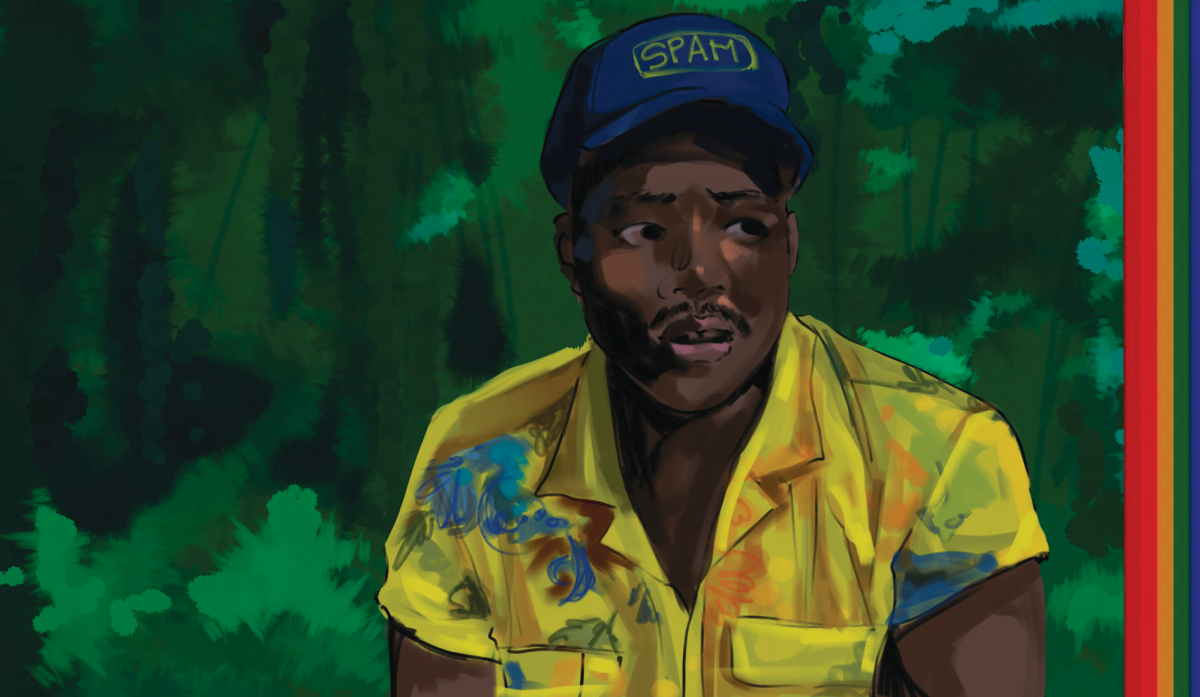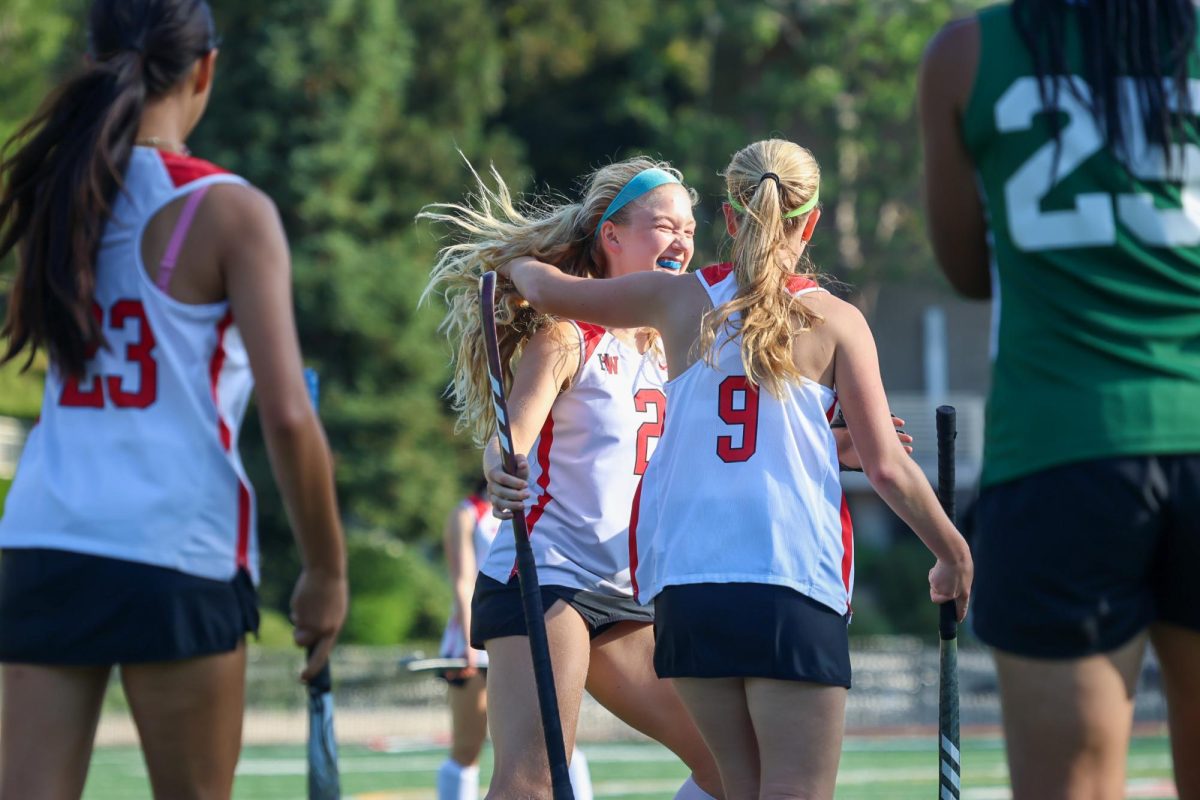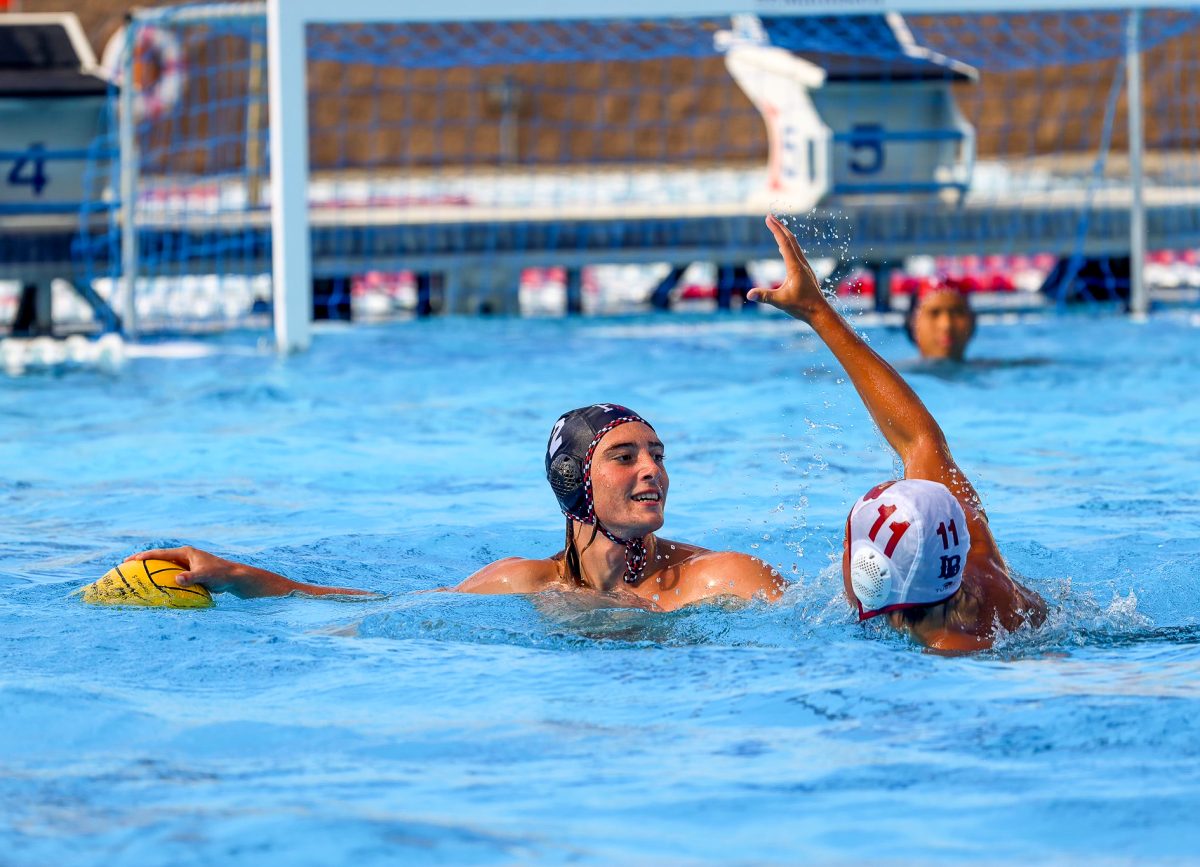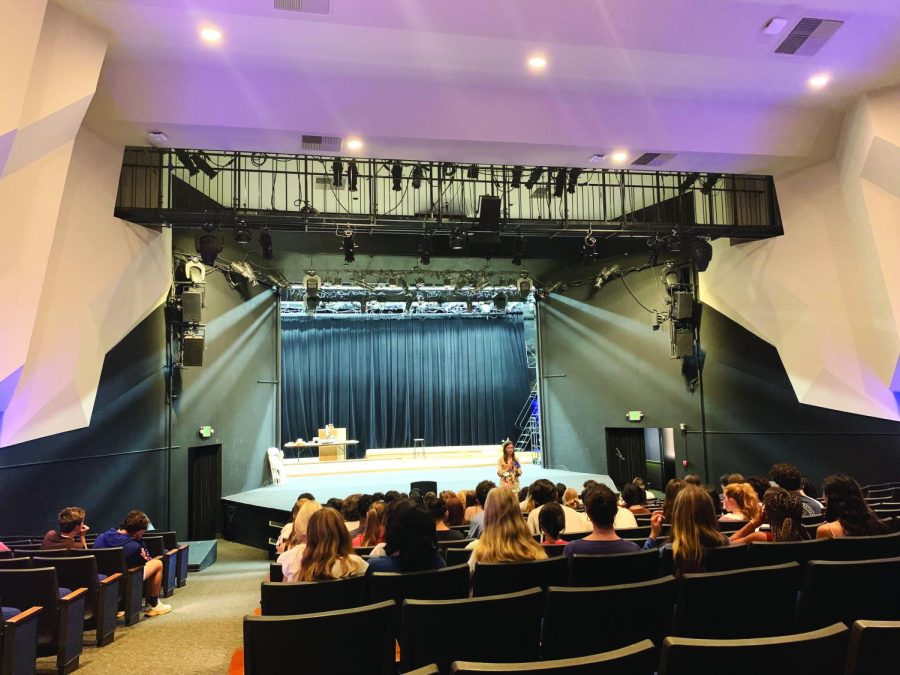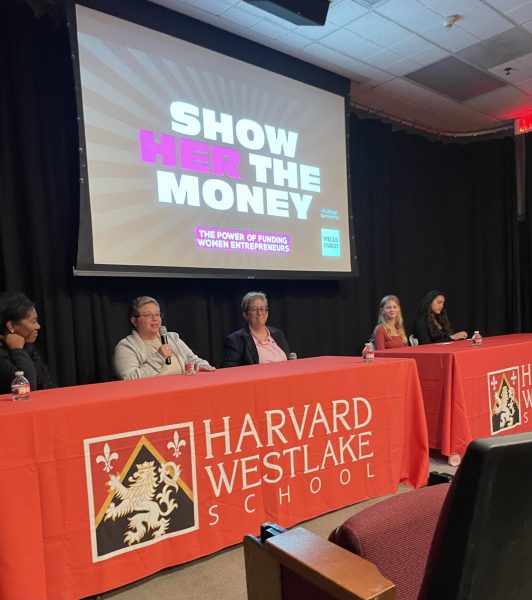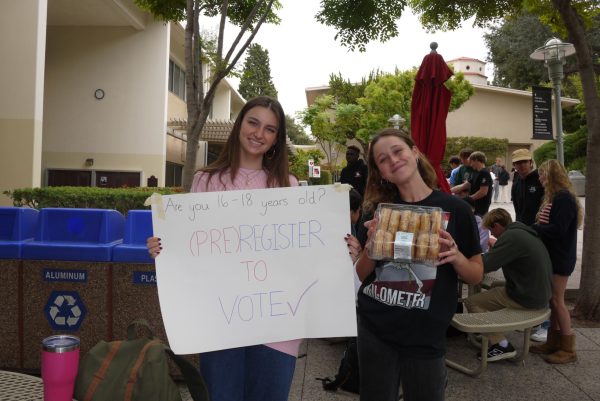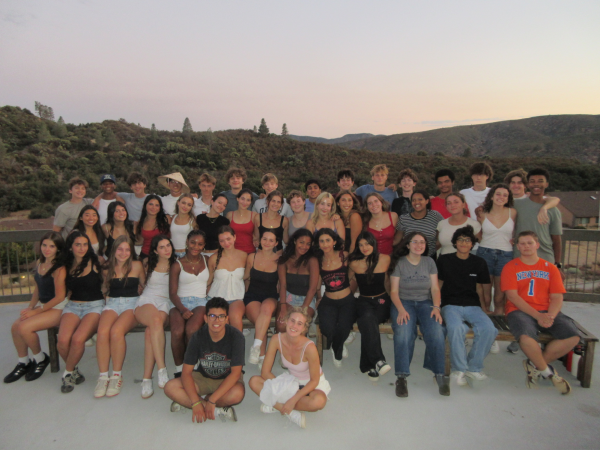College representatives return for in-person admissions question and answer sessions
A college admissions officer from Georgetown University answers student questions about Georgetown’s campus, academics, athetics, student life and financial aid. Prospective students were encouraged to attend the meeting and ask any questions they might have.
The Upper School Deans began hosting fully in-person college representative visits to the school this fall. Open to juniors and seniors, the visits include 25-minute sessions that allow students to have specific questions answered in the meetings.
Due to COVID-19 constraints, many college representative meetings in the past two years were held through Zoom. However, the school arranged strictly in-person visits this year. Starting Sept. 6 and lasting until early Nov., over 100 different colleges will visit the upper school campus.
Dean Coordinator Camille da Santos said she is glad to see juniors and seniors show interest in college representative meetings.
“The college representative visits are a fantastic opportunity and I am pleased that so many students are taking advantage of them this year,” da Santos said. “Not only do they allow students to learn more about different colleges, they also allow students to learn more about themselves.”
Luke Madden ’24 said in-person meetings allow him to explore more possibilities and broaden his prospective college list.
“These college visits allow me to listen and talk to representatives […] to see which ones pique my interest and I should research further,” Madden said. “[College representatives] answering questions fully and linking [them] to other information really helps interest me in colleges.”
Jewish Theological Seminary Associate Director of Undergraduate Admissions Madison Reisler, who visited the school Sept. 20, said in-person college representative meetings allow for both the representative and the student to get better acquainted with each other during the meeting.
“For the representatives, these visits paint a clearer picture of a high school’s geography, landscape, demographics and characteristics of the students and administration,” Reisler said. “For students, these visits would ideally alleviate some tension within the application process.”
Emerson College Senior Associate Director of Admission Amy Mitchell, who has been a college representative at the school for 16 consecutive years, said her in-person visits prompt students to ask thoughtful questions.
“Being in person allows for a much more natural flow of conversation,” Mitchell said. “Often, questions arise that a student wouldn’t think of if it weren’t for this in-person meeting.”
University of Florida West Coast Regional Admissions Officer Pam Lang said interacting with prospective students in person fosters more engaging and insightful discussions about the admissions process.
“I believe my main role is to provide guidance in the admission process, which begins with sharing university information,” Lang said. “Meeting students in person and allowing them to feel comfortable in my presence facilitates open communication and honest questions.”
Emily Silkina ’23 said she prefers in-person visits as compared to virtual meetings because of the tiresome Zoom experience.
“I feel more comfortable learning about the colleges in person rather than being on Zoom, which feels like I am listening to a pre-recorded video,” Silkina said. “I attended [an online meeting] last year, and I couldn’t really concentrate during it.”
Nathalie Paniagua ’23 said she was able to form better relationships with college representatives when she attended in-person meetings rather than attending meetings online.
“College representative meetings help [me] make better connections with the college representatives because [the representatives are] able to connect returning faces with names, especially when you approach them and ask thoughtful questions,” Paniagua said.
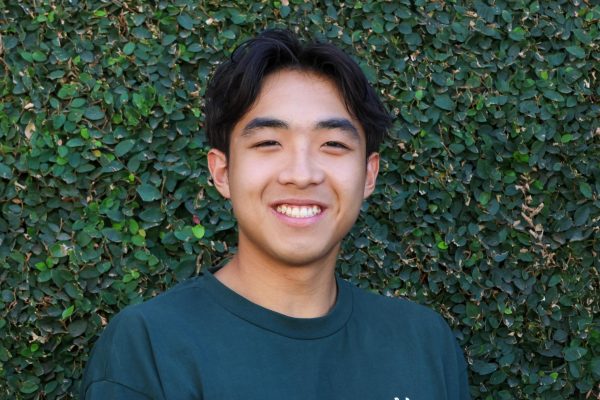
Nathan Wang '25 is the Presentations Managing Editor on The Chronicle and an Editor-in-Chief of the Big Red Sports Magazine. Outside of Weiler Hall, Wang...

